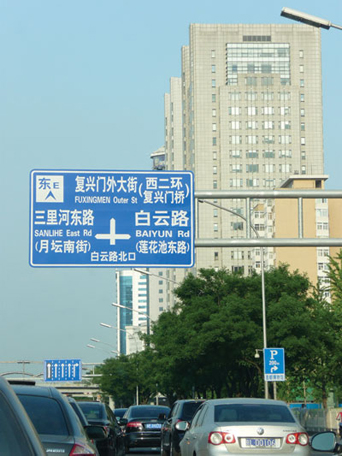Who speaks English? (Part 4)
So as we can see, the attitudes people have towards the language are a part of their own personal history. But this personal history is always a part of the wider history of the community in which they live. It is often the case that not only is the language of importance to the individual’s sense of identity, but that it also plays a part in the cultural identity of a group or nation. It is within this context that the history of English – and especially the reasons behind its global spread – can be of great significance for the attitudes people have towards the language. In the final activity we will look at the roles played by English in modern-day China, and how attitudes to the language have changed over the past decades as Chinese society has changed.

Activity 7
As the most populous nation and, as of 2011, the second largest economy in the world, China is a hugely important player on the world stage today. In recent years, there has been a great boom in learning English. It is estimated that up to 350 million people in China today are learning English – which is a similar number to the total of mother-tongue English speakers (Gu, 2009, p. 28). It is likely, therefore, that what happens in China over the next few decades will have a great impact on the future of the English language. The video below looks at how attitudes to the language have changed with the recent history of China and why it is that people are learning the language.
As you watch the video, consider the following questions.
- Why are so many people learning English in China today?
- How have attitudes to English changed over the last fifty years?
The expansion of English in China

Comment
The video explains how the introduction of a market economy after the death of Mao Zedong brought with it great cultural changes and began a process of opening up the country to the global community. One of the implications of this was an increased interest in English, which was seen not only as a way to communicate with the outside world but also as a means to access information and technical knowledge from the West. In today’s China, English is especially associated in people’s minds with socio-economic development and, with the arrival of multinational companies in the country, this association is becoming ever stronger.
What we can see from examples such as the personal language histories and the role of English in China is that the development of the language is influenced by social forces. Decisions about the language made by institutions such as national governments and education systems have an impact on the form of the language and on the way it is perceived and used. In contexts such as these, English cannot simply be considered a neutral medium of communication; instead it is a politically charged social practice embedded in the histories of the people who use it.
